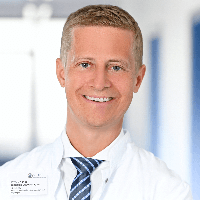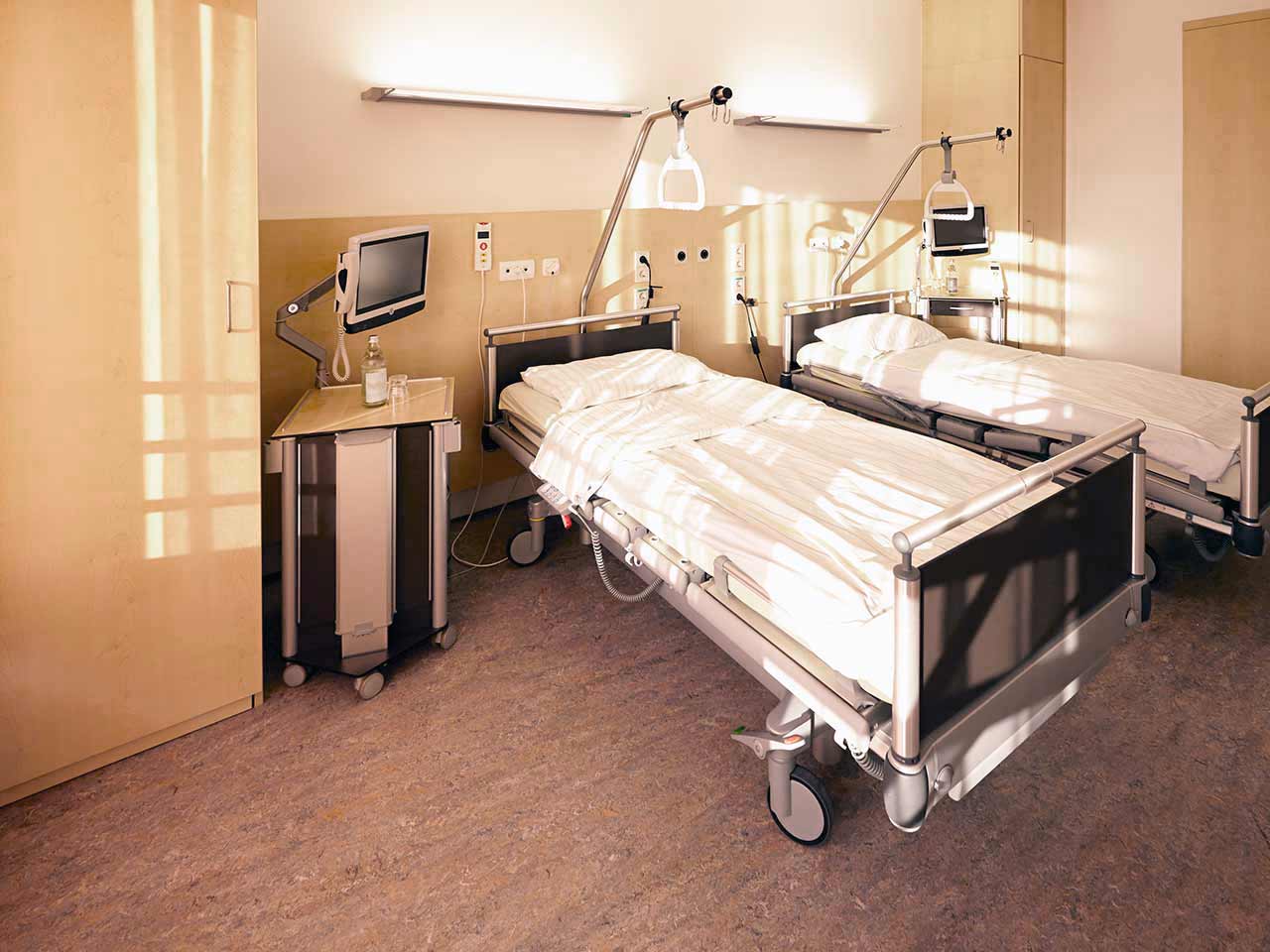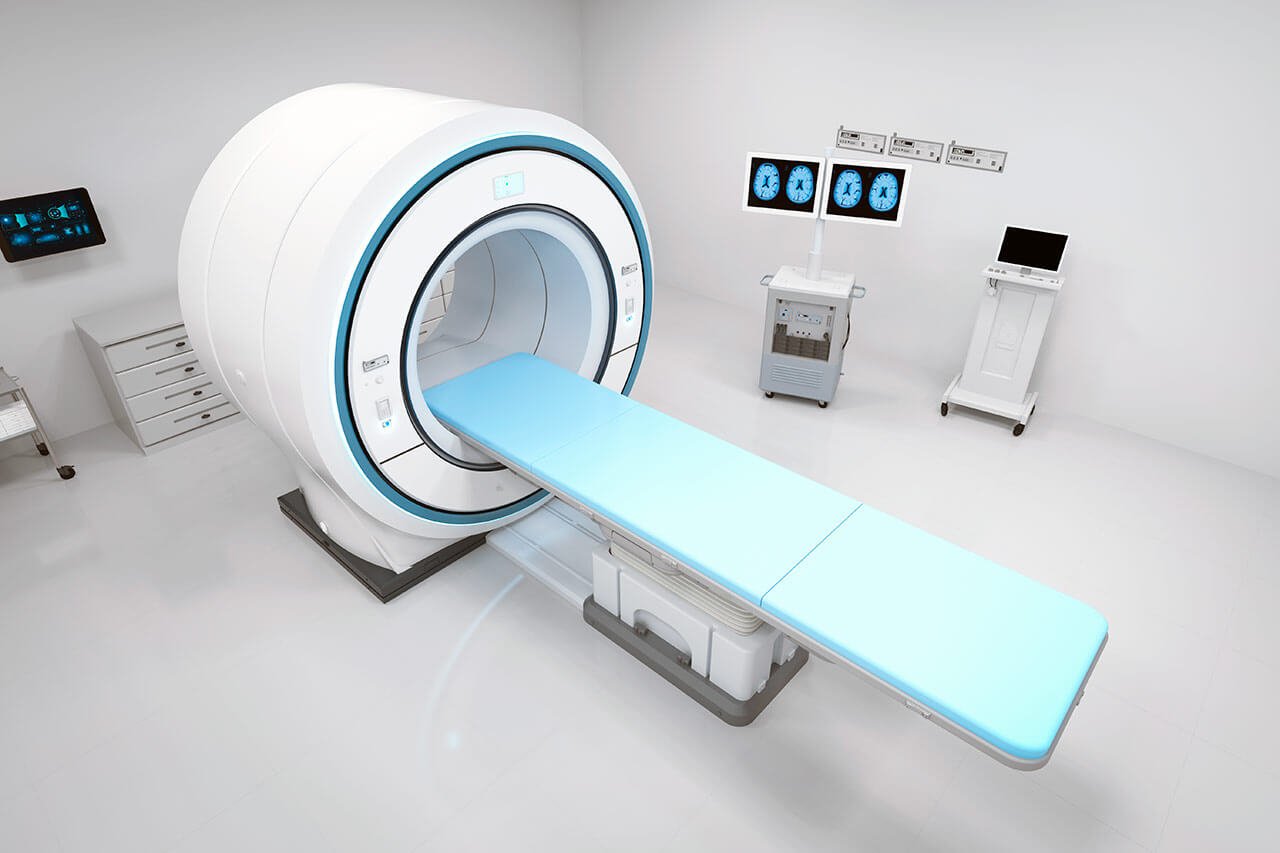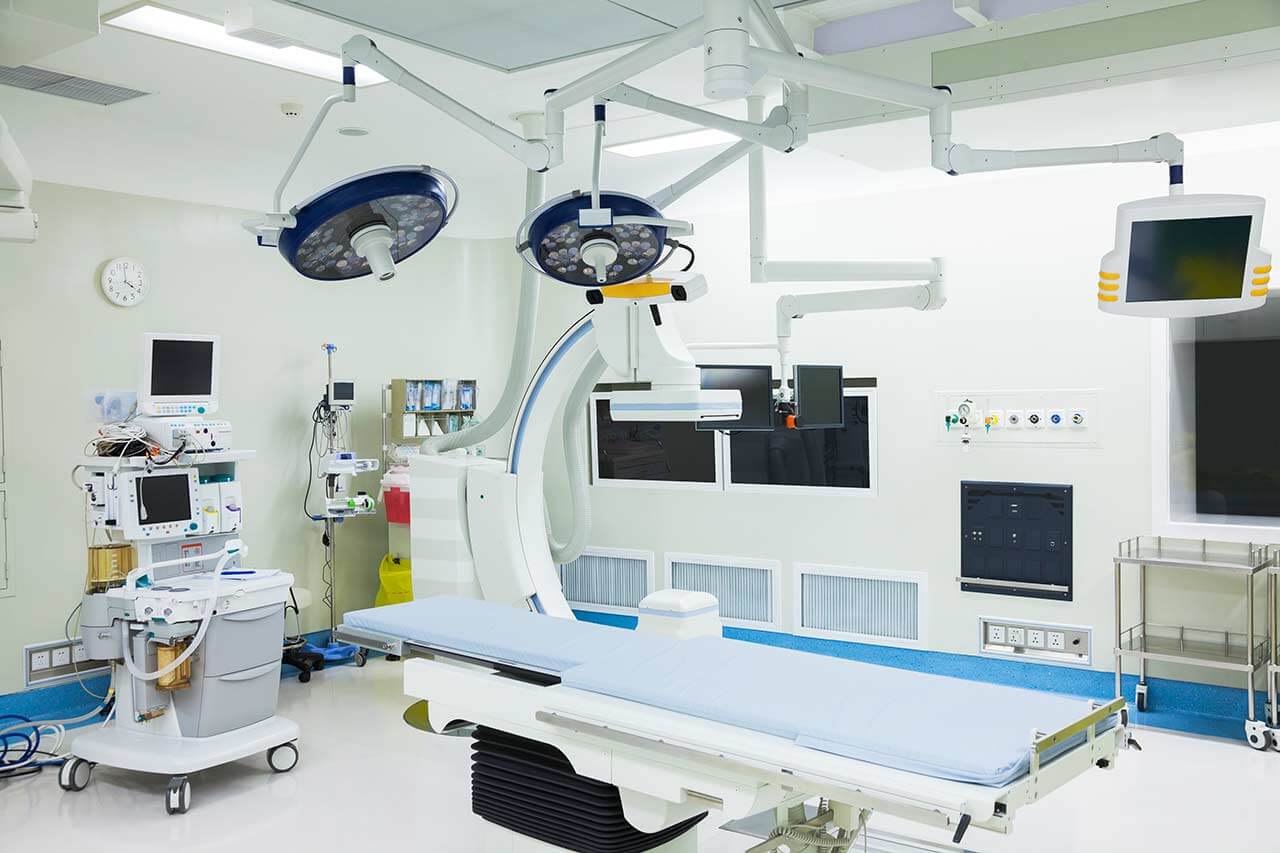
About the Department of Cardiology and Angiology at ViDia Hospital Karlsruhe
The Department of Cardiology and Angiology at the ViDia Hospital Karlsruhe offers the full range of medical services in the fields of its competence. The department's doctors specialize in the treatment of congenital and acquired heart defects. The key focus is on catheter-based heart interventions, which are characterized by a minimal trauma rate and allow patients to avoid an open operation. For this purpose, the department has three modern Cardiac Catheterization Laboratories. The department also houses an Intensive Care Unit and a Chest Pain Unit for patients with acute coronary syndrome. The medical facility has 82 beds. The department was awarded the prestigious quality certificate from the German Cardiac Society (DGK) for outstanding results in the treatment of mitral valve diseases and acute coronary syndrome. Another important area of work of the department's physicians is comprehensive heart examinations for the prevention of heart disease. For this purpose, specialized Check Up Programs have been developed here, which include an optimal set of diagnostic tests. The medical facility employs a highly professional team of doctors and nursing staff, which makes every effort to provide each patient with effective medical care in a pleasant and comfortable atmosphere. The department is headed by Prof. Dr. med. Claudius Jacobshagen.
The priority areas of the department's specialization include providing medical care to patients with mitral valve diseases (certification from the German Cardiac Society, DGK). The specialists regularly perform the innovative MitraClip interventional procedure for severe forms of mitral regurgitation caused by abnormal mitral valve leaflet closure. The MitraClip intervention is performed on a beating heart, eliminating the need for a heart-lung machine. To approach the mitral valve, the doctor punctures the femoral vessels, directing a catheter with a special metal clip to the pathological focus under imaging guidance. The MitraClip system is attached to the mitral valve leaflets. During left ventricular contraction, the weakened or deformed leaflets close firmly, resulting in normalized blood flow. The MitraClip procedure is most often recommended for patients with severe comorbidities and high surgical risks. As a rule, mobilization of patients is possible the very next day after the catheter-based intervention, pain syndrome is practically absent, and the period of hospital stay is only 2-3 days.
Transcatheter aortic valve implantation (TAVI) is also successfully performed in the department's Cardiac Catheterization Laboratories. The most common indication for TAVI is aortic valve calcification. The main advantage of this treatment method is the minimal trauma rate. All manipulations are performed through a catheter inserted into a blood vessel without any incisions in the patient's chest. An approach is provided by puncturing the femoral or iliac artery, after which a catheter with a prosthesis is directed to the aortic valve. The physician performs all manipulations guided by real-time imaging on a large screen. The department's specialists perform the TAVI procedure under both general and local anesthesia. A hospital stay is 5-7 days. The introduction of transcatheter aortic valve implantation into clinical practice has become a real breakthrough in cardiology, as previously the replacement of the affected valve could be performed only with the help of traumatic open surgery.
The department's team of cardiologists also excels in many other catheter-based interventions on the heart, including closing patent foramen ovale, closing atrial septal defects, implanting pacemakers and defibrillators, and other procedures.
It should be noted that the department's doctors have an excellent technical base for diagnosing the heart and vascular system, including advanced ultrasound systems, X-ray scanners, equipment for various modifications of electrocardiography, etc. In cooperation with the Department of Radiology, patients are also offered cardiac CT and MRI.
The department's main clinical activities include the following:
- MitraClip procedure for mitral valve regurgitation
- Transcatheter aortic valve implantation (TAVI) for aortic valve regurgitation
- Mitral valvuloplasty for mitral valve stenosis
- Percutaneous transluminal coronary angioplasty for coronary artery stenosis
- Carotid artery stenting
- Transcatheter interventions for patent foramen ovale closure
- Transcatheter interventions for atrial septal defect closure
- Transcatheter interventions for left atrial appendage closure
- Implantation of pacemakers and defibrillators for arrhythmias
- Radiofrequency catheter ablation for arrhythmias
- Cardiac resynchronization therapy for arrhythmias
- Other treatment methods
Curriculum vitae
On April 1, 2020, Prof. Dr. med. Claudius Jacobshagen was appointed as Head Physician of the Department of Cardiology and Angiology at the ViDia Hospital Karlsruhe. Prof. Jacobshagen is a world-renowned specialist in the interventional treatment of heart valve defects.
For many years, the specialist held the position of Senior Physician and Deputy Head of the Department of Cardiology and Pulmonology at the University Hospital Goettingen. He held the position of Professor for Interventional Therapy for Heart Disease at the same hospital. Prof. Jacobshagen also headed the Chest Pain Unit at the University Hospital Goettingen.
For many years, Prof. Jacobshagen has been a Member of the Commission for Developing Guidelines for the Treatment of Chronic Ischemic Heart Disease in Germany. He is also a Co-Author of the recommendations and an Expert of the German Cardiac Society (DGK) in the certification of Mitral Valve Repair Centers.
Photo of the doctor: (c) ViDia Kliniken Karlsruhe





